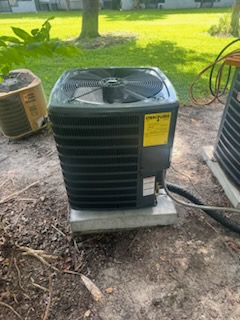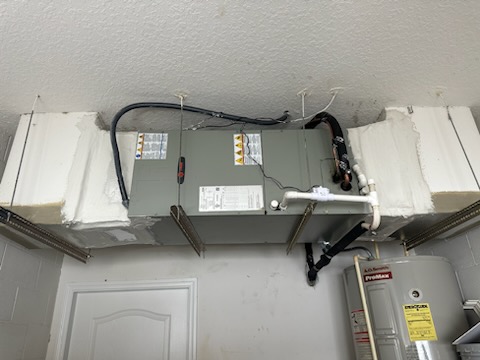How to Identify When Your HVAC System Needs Repair
How to Identify When Your HVAC System Needs Repair
Blog Article
How to Identify When Your HVAC System Needs Repair
Heating, Ventilation, and Air Health (HVAC) methods are necessary for maintaining comfort in domiciles and businesses. But, like all physical techniques, they are able to falter over time. Pinpointing early signs of difficulty can save you from costly repairs and ensure one's body goes efficiently. Here's how to acknowledge when your HVAC service process wants fix:

Signs Your HVAC System Needs Repair
There are lots of signs your HVAC process might need repair. Some are far more apparent than the others, but it's crucial that you pay attention to any improvements in your system's performance. Ignoring possible issues may lead to help expand damage and costly fixes down the line.
Uncommon Disturbances
One of the most obvious signs that the HVAC system wants restoration is unusual sounds from the unit. In the event that you hear slamming, clanging, or grinding looks, it could suggest that there surely is a loose or broken aspect within the system. It's important never to dismiss these noises and keep these things checked out by a professional when possible.
1. Sudden Increase in Energy Costs
One of the very apparent signals your HVAC system may need restoration is a sudden spike in power bills. If your energy use hasn't changed somewhat, but your costs have increased, it might suggest that the system is working tougher than it should. This often occurs because of wear and grab or components that want maintenance. Approaching the matter quickly can prevent more efficiency deficits and higher costs.
2. Uncommon Noises
HVAC systems run with a specific amount of background sound, but uncommon seems like rattling, bumping, squealing, or grinding shouldn't go unnoticed. These tones can show free components, fan issues, or engine problems. Ignoring them can cause significant injury, turning an inexpensive fix into a costly restoration job.
3. Poor Airflow or Uneven Temperatures
If ventilation from your HVAC is substantially weaker or some rooms experience too cool or hot while others are comfortable, it may show that your system's blower or ductwork is compromised. Such issues may stem from a blocked filtration, duct leak, or declining compressor. Prompt attention can assure your house retains regular ease levels.
4. Odd Scents
An embarrassing scent via your vents is never an excellent sign. A musty smell might suggest mold development within the machine, while using or smoky odors can point to electric or technical issues. These smells shouldn't be ignored as they may create health problems or cause process failure.
5. Repeated Cycling or Trouble Starting
Does your HVAC system start and off more frequently than usual? Or does it battle to start at all? These dilemmas can signal a trouble with the thermostat, wiring, or other central components. Continuous cycling wastes energy and raises wear on the machine, resulting in more significant breakdowns if remaining unaddressed.
6. Excess Moisture or Water Build-up

Your HVAC program is accountable for maintaining appropriate indoor moisture levels. If you see extortionate humidity near the system or experience extraordinarily large moisture inside, it may suggest the machine is malfunctioning. Refrigerant escapes or clogged drainage are common culprits, and they want immediate qualified evaluation.
Ultimate Feelings
Your HVAC process is just a critical expense in house comfort and energy efficiency. Recognizing early caution signs and working easily can help prevent expensive breakdowns and increase the lifetime of one's system. Be aware of these dilemmas and consult a certified HVAC tech if you notice some of them. Proactive attention today will save you time, money, and stress tomorrow. Report this page